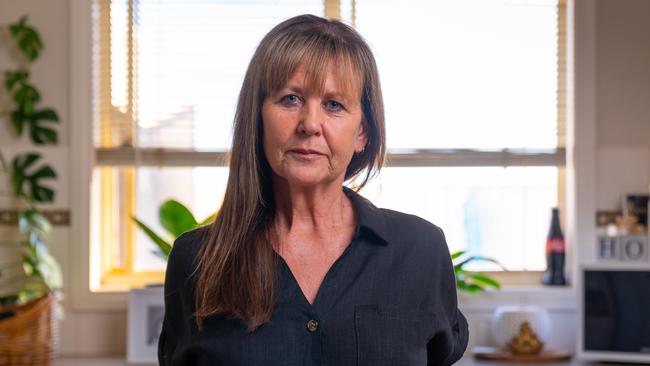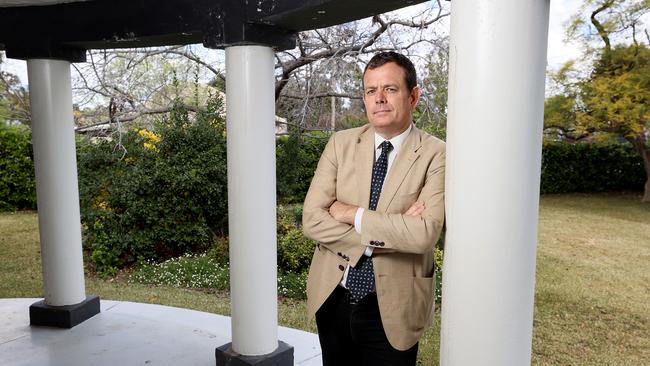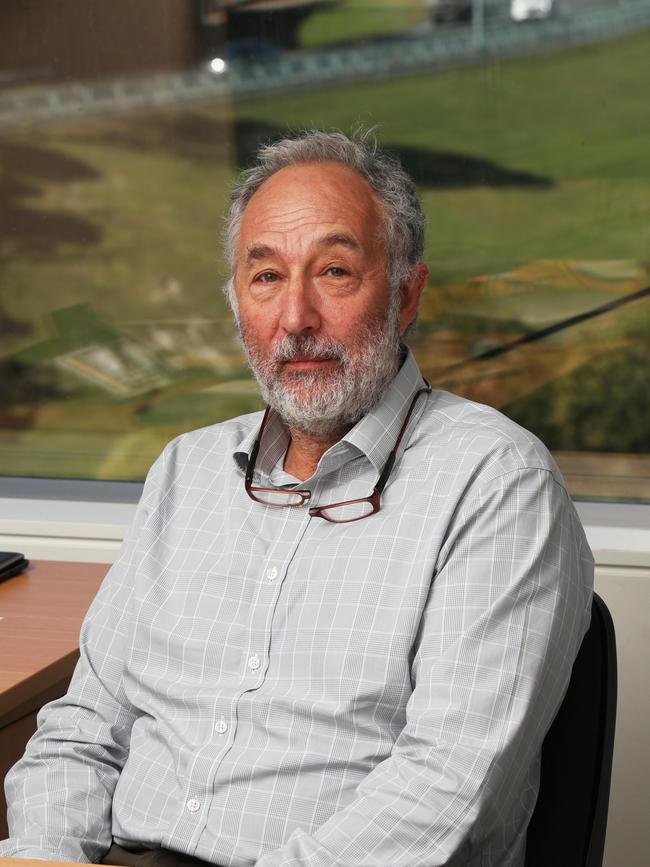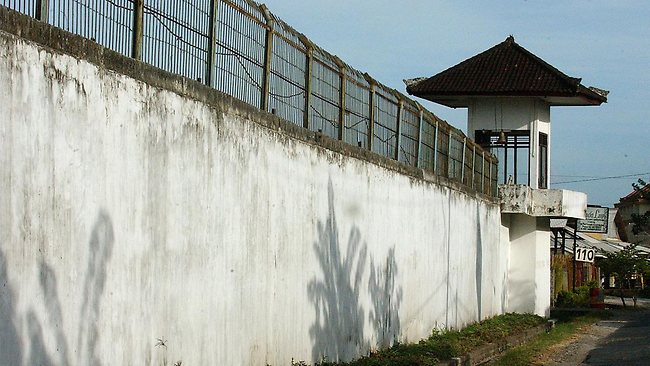Indigenous domestic violence victims charged with making false police complaints
Aboriginal women who are victims of horrific domestic clashes are being punished, and sometimes thrown in jail, for retracting claims against their abuser.

Hundreds of Aboriginal women who are victims of domestic clashes are being punished, and sometimes thrown in jail, for retracting claims against their abusers.
The horrific toll on victims has emerged amid growing calls for the reduction of police powers in rural Indigenous communities, and as experts push for a “complete rethink” of how domestic violence in remote locations is managed.
The Australian has been alerted to many recent instances of women being charged with making a false accusation after taking back allegations of assault, sometimes presenting with physical injuries when they do so. Meanwhile their partners, some of whom held lengthy rap sheets with historical charges of assault, were let off. In some cases, police did not conduct a formal investigation into whether the women had been abused, but based the charge on fact the complaint had been retracted, sources said.
Barrister Felicity Graham, who spent more than five years with the Aboriginal Legal Service in western NSW, said there were many reasons women retracted their complaints, but police often failed to take them into consideration when laying charges. “Even a glancing look at the dynamic at play reveals some readily apparent reasons for retracting a complaint,” Ms Graham said. “Fear of future violence, wanting to forget and move on after a relationship has ended, a couple reconciling, financial pressures forcing a relationship to continue and so on.”
Ms Graham said it was as if the system was punishing women for being beaten up. “Our system fails victims of domestic violence in a number of ways, but wrongly prosecuting victims when they retract their original complaint has to be one of the starkest examples of a flawed system,” she said. “What a cruel system we have that victims are arrested, prosecuted, and jailed in response to the complex and invidious dynamics of domestic violence relationships.”
Since January 2019, there have been 247 public-mischief matters and 51 false-accusation cases finalised to sentence in the local court. Police and the courts have refused to indicate how many of these cases related to domestic violence retraction, but legal experts familiar with the matter were adamant the number of women charged would be in the hundreds.
Victims charged
The Australian has learned of one woman who was recently prosecuted by police for retracting assault claims, despite presenting with a visible black eye and a smashed phone.
Another, an 18-year-old, reported her 48-year-old partner, but was charged once she tried to have her allegation recanted.
A third, occurred on Christmas Day in 2021. Tracey and James Freeman were lounging next to a backyard pool, a dozen empty long-necked VB bottles scattered around them.
At the time, there was an AVO between the pair, and Mr Freeman held a lengthy criminal history of 115 charges including multiple domestic violence and rape offences.
When they returned home from the pool, an argument ensued. It turned rough and a glass table was shattered. Ms Freeman emerged with a bloody lip and injuries to her head. She called the police, and made a formal report. Mr Freeman was charged.
A couple of months later, she called the police again to retract the complaint. She was charged with making a false accusation and the matter was prosecuted in the local court.
“The assault occurred while there were children in the home and it occurred – well there was not just one incident, there were a few incidents,” the ruling magistrate said at the time.
“In relation to the making the false accusation I do not really accept that this is a low-level example. It was an example that could have – and I presume did – cause the police to charge somebody based on the allegations made about the assault.”
While the magistrate admitted the facts were “confusing”, she sentenced Ms Freeman to a 12-month community corrections order. Ms Freeman was also found guilty of common assault, after she told police she had pulled Mr Freeman’s hair, hit him with a table leg and poked at his eyes during their fight.
This year, Mr Freeman was charged with attempting to kidnap Ms Freeman.
Warning 10 years ago
Revelations about the new cases come a decade after NSW Police were alerted to the issue through reporting in The Australian, and promised to review standard operating procedures in instances where a domestic violence victim had been charged by police solely on the basis they had retracted their allegations. There is no evidence the specific review was conducted.
Indigenous woman Allyson Sullivan, who was sentenced to 18 months in jail after retracting allegations of assault against her partner, first told her story to The Australian in 2013. This week, she spoke to The Australian for a second time. She said she feared what happened to her could happen to her daughter, who she worries may also be a victim of domestic violence. “It is disgusting that this is still going on,” she said. “I’ve got grandkids now. The cycle has to stop.”
NSW Labor MP and barrister Stephen Lawrence said the government must reduce the power of police prosecutors, and only the Director of Public Prosecutions should handle circumstances involving charging a complainant in a domestic violence or sexual assault matter.
Mr Lawrence, who formerly worked as a solicitor for the Aboriginal Legal Service, told state parliament in June matters of domestic violence retraction among Indigenous women were highly prevalent and “absolutely horrific”.
“I am talking about circumstances where the police rely on the retraction itself as the only evidence that the original allegation was in fact a false allegation,” he said. “I am aware of a number of cases where victims have been jailed in these circumstances. I became aware of the issue when I was working at the Aboriginal Legal Service in Dubbo.”
Mr Lawrence said, in some instances, police would believe the original allegation and accept that the woman had been a victim. But in other instances “perhaps out of frustration with the process of retraction, they will simply hold the victim to the most recent statement”.
“It is often the case that such allegations are retracted out of fear or out of concern to keep a family together, or in a range of other circumstances,” he said.
“I am aware of cases where pleas of guilty have been entered to charges of false accusation when the person was not in fact guilty, and where the plea of guilty can only be viewed as a continuation of the retraction process.”

He said the police officer’s behaviour in instances such as this was “contradictory, opportunistic and punitive” and risked miscarriages of justice.
“The ultimate solution to this problem is twofold,” he said.
“Firstly, I think all such matters should have the carriage of the Director of Public Prosecutions. Any circumstance where charging a complainant in a domestic violence or sexual assault matter with such an offence is being contemplated should be decided by a lawyer who applies a policy.
“Secondly, I think there are broader issues around cultural change and training that may need to occur in the police force to ensure that these appalling miscarriages of justice do not continue to occur.
“These women are certainly among the most vulnerable in the state, and their circumstances can be well and truly hidden when they plead guilty as part of a continuation of a retraction.”
Policy rethink
Barrister Emmanuel Kerkyasharian, who spent two years with the Aboriginal Legal Service in Dubbo, Wilcannia and Broken Hill, said a “complete rethink” of the way domestic violence matters were handled in western NSW was needed
“At the coalface there are difficulties that need to be addressed, particularly facilitating complainants coming forward,” he said. “It was commonplace for matters to be brought and then discontinued at hearing because the complainant didn’t turn up to give evidence, or letters to be written saying ‘I withdraw my complaint’. It was so common, that there would be at least three or four a month that would finish in that way.”
Retired magistrate David Heilpern, who presided over western NSW local courts for a decade, said hundreds of women were prosecuted for retracting assault allegations during his time on the bench. “I had a couple of experiences myself,” he said. “The first one was when I sat in Dubbo Local Court. There was a woman who must have come to court three or four times making allegations, and every time she would retract, or not answer questions or whatever. But on the fifth time, she’d had enough and she gave really strong evidence and (her partner) was convicted and jailed.

“I reflect on that, because if she had been punished the first four times, she might have never followed through on the fifth. She might have been too scared. It was an important lesson to me that sometimes you just have to wait.”
Mr Heilpern backed Mr Lawrence’s suggestion that these matters be handled by the NSW DPP, and the power of police prosecutors be reduced.
NSW Police said domestic and family violence matters continued to be “one of the most challenging and complex issues” that officers faced. Officers are expected to follow guidelines that ensure only people who make false accusations are prosecuted, and not victims of domestic and family violence who have lied to protect an alleged offender.
If they want to charge an alleged domestic violence victim for making a false accusation, they are expected to first escalate it to a senior officer of evaluation.
“Earlier this year Commissioner Webb announced the Domestic Violence Reform Project to change the way police respond to and prevent domestic violence,” a NSW Police spokesperson said. “These reviews identified the need for significant structural and procedural changes within the organisation to meet the current and future demands.
“We have since announced a number of initiatives – such as the Domestic and Family Violence Registry and the Empower You app – as part of NSWPF’s commitment to ensuring better outcomes for victims of domestic and family violence.”
James and Tracey Freeman’s names have been changed to protect their identities.







